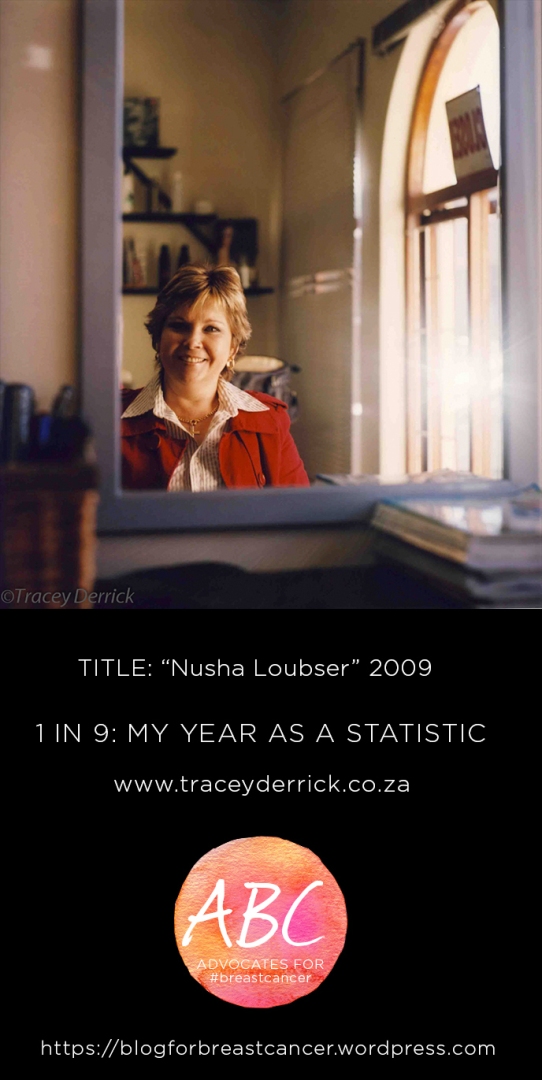So, so many questions… Was my diagnosis adequately explained to me in a way that makes me feel reassured? Did I feel free to ask all the questions I needed to? Did my doctor listen to me with careful compassion?
In her book, On Death & Dying, psychiatrist Elizabeth Kübler-Ross writes the following:
“If a doctor can speak freely with his patients about the diagnosis of malignancy without equating it necessarily with impending death, he will do the patient a great service. He should at the same time leave the door open for HOPE, namely – new drugs, treatments, chances of new techniques and new research.
The main thing is that he communicated to the patient that all is not lost; that he is not giving him up because of a certain diagnosis; that it is a battle they are going to fight together – patient, family and doctor – no matter the end result.
Such a patient will not fear isolation, deceit or rejection, but will continue to have confidence in the honesty of his physician and know that if there is anything that can be done, they will do it together.
Such an approach is equally reassuring to the family who often feel terribly impotent in such moments. They greatly depend on the verbal and non-verbal reassurance from the doctor. They are encouraged to know that everything possible will be done, if not to prolong life, then at least to diminish suffering.”
- Every patient has the right to have their diagnosis explained to them in a language that they understand and comprehend.
- You have the right to ask questions until you fully understand your diagnosis, prognosis and treatment options.
- You have the right to make your own informed decision on your treatment options and to ask for a second opinion.
- You have the right to refuse treatment.
Make sure, if at all possible, that there is a family member or close friend with you when your diagnosis is explained to you. During and after the diagnosis, you may be in such a state of shock that you will need this person with you to ask important questions you may not think to ask, as well as be your ‘ears’ to take in all the information surrounding your diagnosis. Afterwards, they will be able to reliably relay that information back to you accurately.
You do not have to travel this journey on your OWN. Cancer is a like a PASSENGER that, from now on, will be PART your life. MAKE PEACE with your passenger – and live with it in peace.

TAKEAWAY: If Elizabeth Kübler-Ross’s perspective + ideas resonate with you, please click here for a downloadable + printable PDF of ‘On Death & Dying‘.



